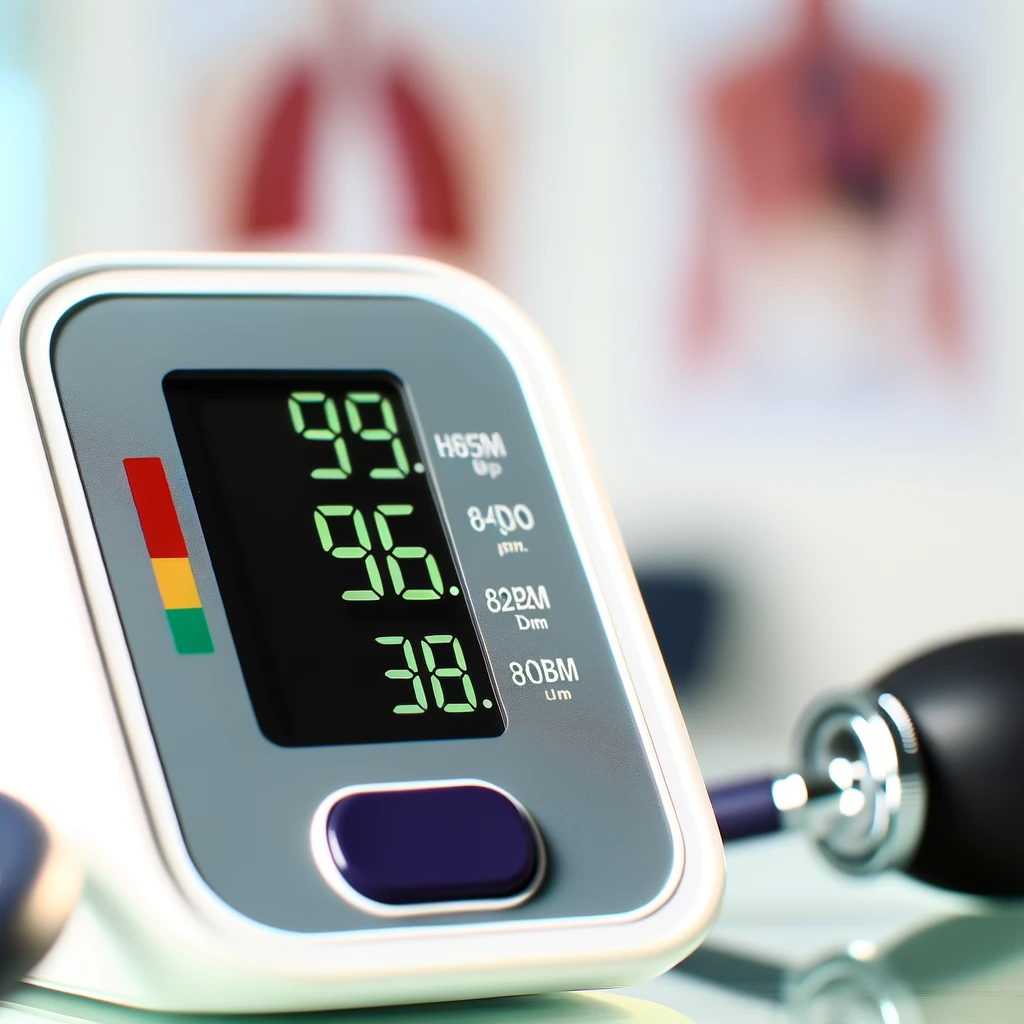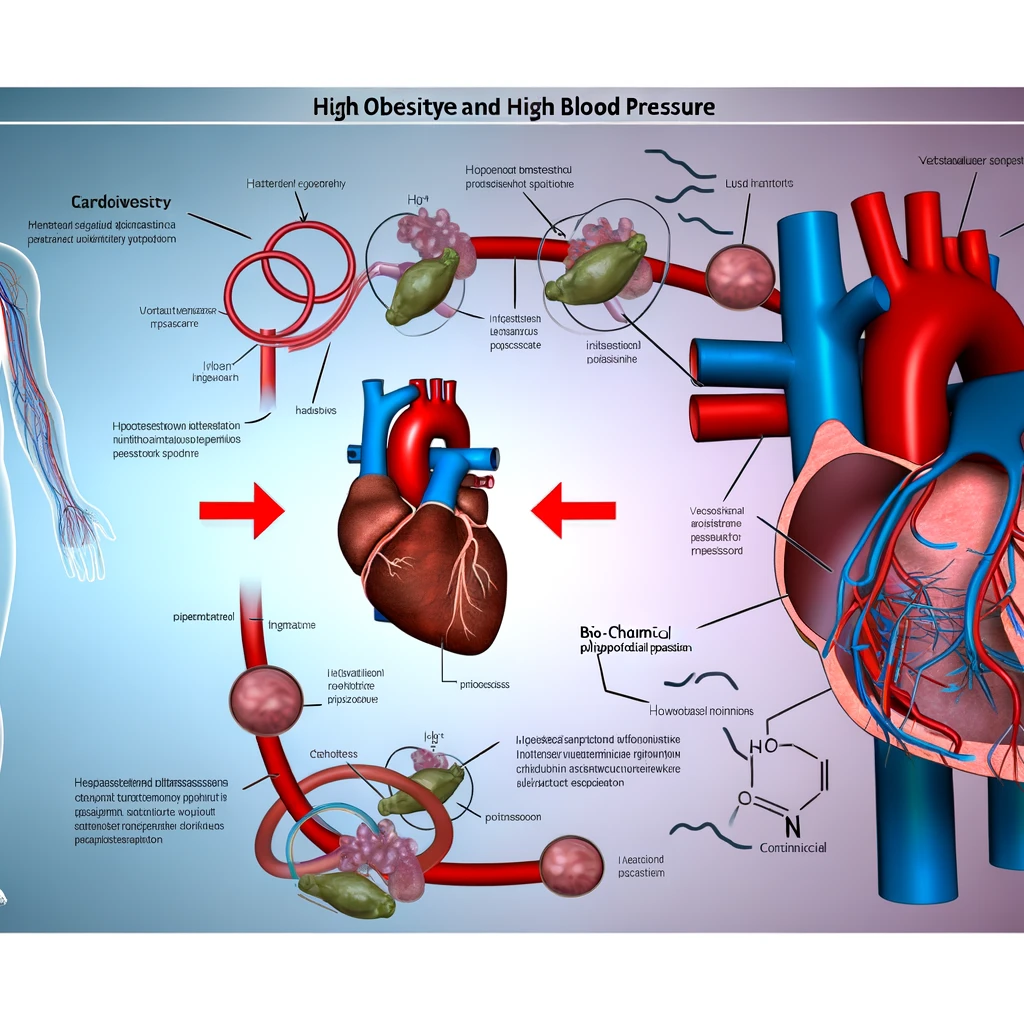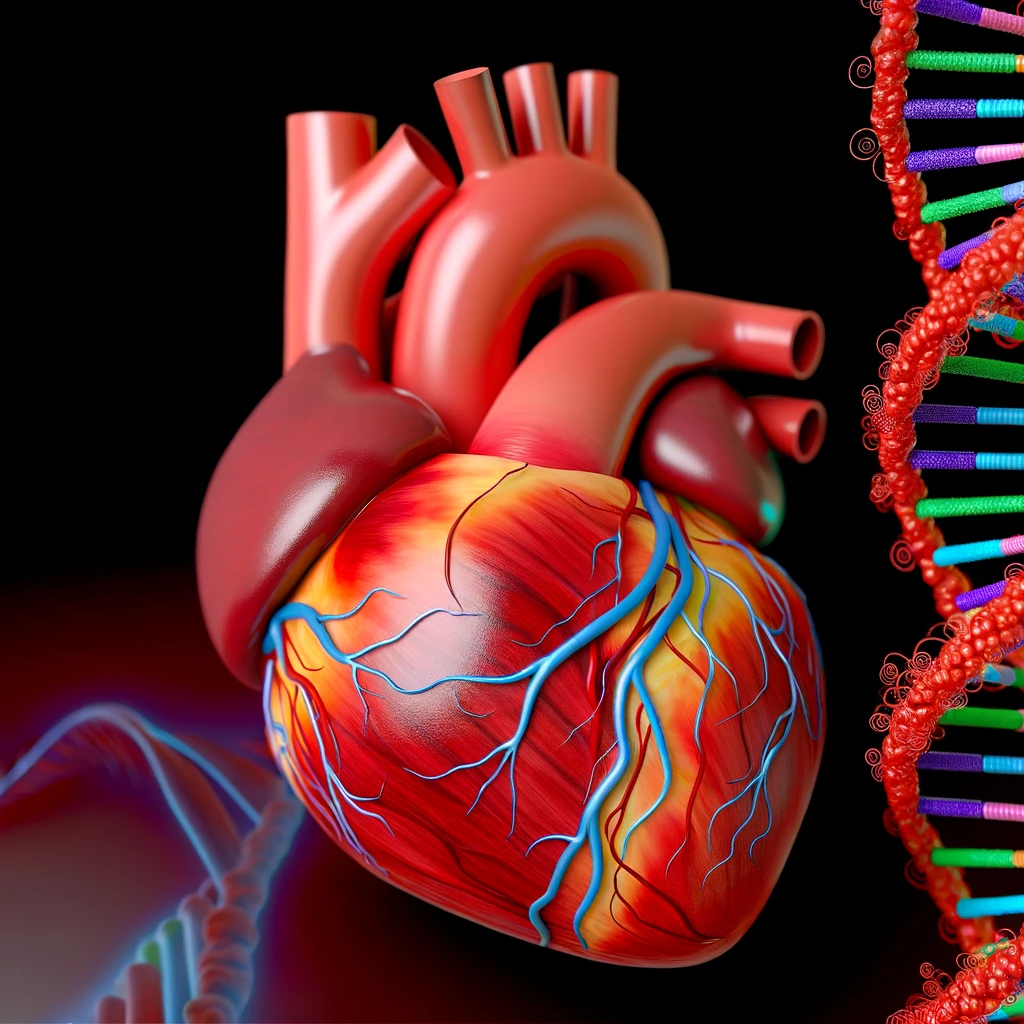Understanding Hypertension in Children
Hypertension, commonly known as high blood pressure, is a condition that is often associated with adults. However, it is increasingly being recognized in children, raising concerns among healthcare professionals and parents alike. Understanding the causes, effects, and management of hypertension in children is crucial for ensuring their long-term health and well-being.
Causes of Hypertension in Children
Hypertension in children can be classified into two categories: primary and secondary. Primary hypertension, also known as essential hypertension, is more common in older children and adolescents and is often associated with lifestyle factors such as obesity, poor diet, and lack of exercise.
Primary Causes
- Obesity: With the increasing prevalence of obesity among children, there is a significant correlation between high body mass index (BMI) and hypertension.
- Dietary Factors: Diets high in salt, fat, and sugar can contribute to the development of hypertension.
- Physical Inactivity: Sedentary lifestyles are a major risk factor for high blood pressure.
Secondary Causes
Secondary hypertension is less common and usually results from an underlying medical condition.
- Kidney Disease: Conditions affecting the kidneys can lead to elevated blood pressure.
- Endocrine Disorders: Disorders such as hyperthyroidism can contribute to hypertension.
- Genetic Factors: A family history of hypertension can increase a child's risk.
Effects of Hypertension in Children
Untreated hypertension can have serious consequences for children's health, affecting various organ systems and leading to long-term complications.
Short-term Effects
- Headaches: Frequent headaches can be an early symptom of high blood pressure.
- Fatigue: Children may experience unexplained tiredness and fatigue.
Long-term Effects
- Cardiovascular Issues: Prolonged high blood pressure can damage blood vessels and lead to heart disease.
- Kidney Damage: Persistent hypertension can impair kidney function over time.
Management of Hypertension in Children
Early diagnosis and appropriate management are key to preventing the adverse effects of hypertension in children. Management strategies typically involve lifestyle modifications and, in some cases, medication.
Lifestyle Modifications
- Dietary Changes: Encouraging a balanced diet with reduced salt intake can help manage blood pressure.
- Regular Exercise: Promoting physical activity is crucial for maintaining healthy blood pressure levels.
- Weight Management: Achieving and maintaining a healthy weight can significantly reduce the risk of hypertension.
Medical Interventions
In cases where lifestyle changes are insufficient, medication may be prescribed to manage hypertension.
- Antihypertensive Drugs: These medications help control blood pressure and prevent complications.
- Regular Monitoring: Regular check-ups with a healthcare provider are essential for tracking blood pressure levels and adjusting treatment plans as necessary.
Conclusion
Hypertension in children is a growing concern that requires attention from parents, healthcare providers, and policymakers. By understanding the causes, recognizing the effects, and implementing effective management strategies, we can protect children from the long-term health risks associated with high blood pressure. Early intervention and a proactive approach are critical to ensuring that children lead healthy and active lives.








